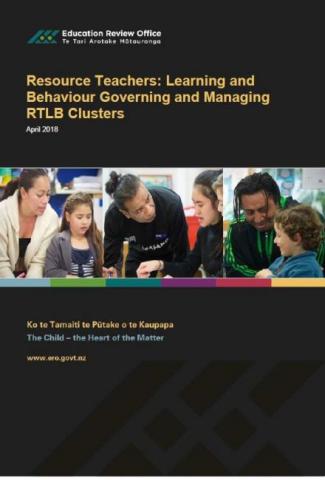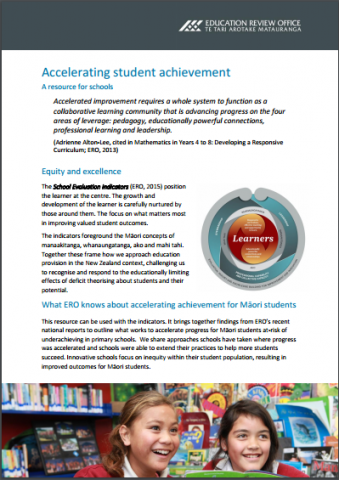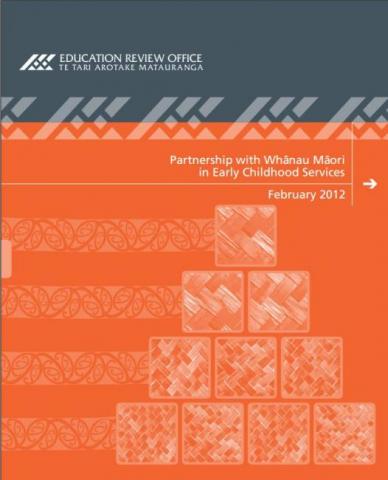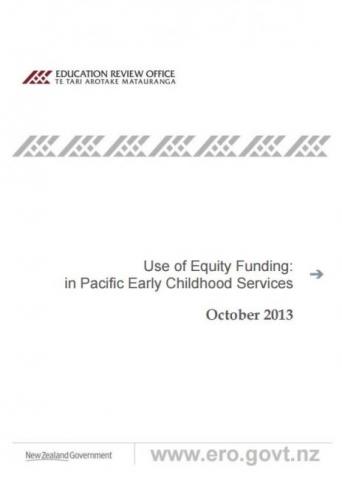Resource Teachers: Learning and behaviour governing and managing RTLB clusters
Published: 11 Apr 2018
The findings of this evaluation highlight improvements to the quality and consistency of the RTLB service, especially in overall governance and management.
- Audience:
- Education
- Parents
- Schools
- Content type:
- Research
- Topics:
- Resource Teachers: Learning and Behaviour (RTLB)
- Communities of Learning | Kāhui ako





